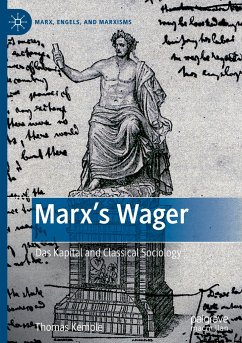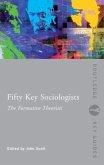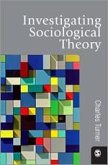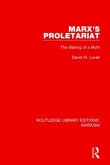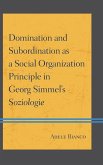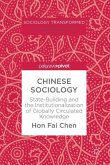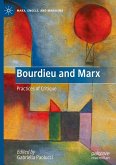Marx's masterpiece Capital (Das Kapital) ignored or misread as well as selectively and creatively interpreted by the generation of social scientists that came after him. Emile Durkheim, Max Weber, and Georg Simmel attempt to supplement what they call 'historical materialism' or to engage in debates about 'socialism' through their readings of The Communist Manifesto and occasional Capital. Although these and other classical sociologists did not have access to most of Marx's published and unpublished works as we do today, each is concerned with revising and refining Marx's unfinished critique of political economy. Despite their differences with Marx and with one another, they share his concern with how empirically detailed and scientifically valid knowledge of the social world may inform historical struggles for a more human world. This commitment can be called 'Faustian', after the title character of the poet J. W. von Goethe's tragic epic of modernity,insofar as Marx and the classical sociologists hope to translate theory into practice while making a pact or wager with the diabolical social, political, and economic forces of the modern world.
Bitte wählen Sie Ihr Anliegen aus.
Rechnungen
Retourenschein anfordern
Bestellstatus
Storno

